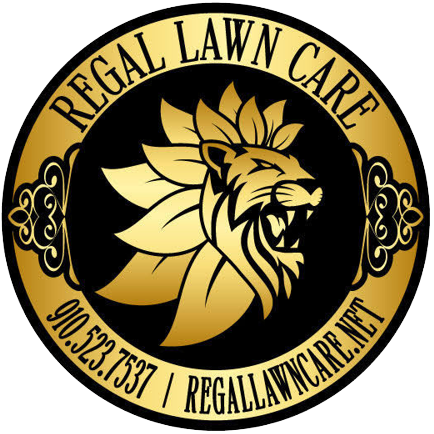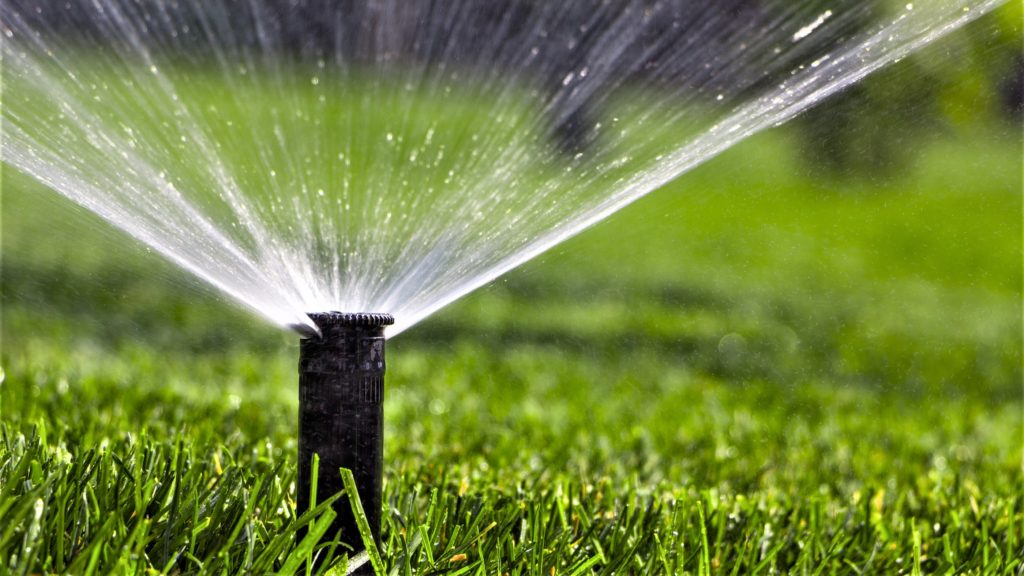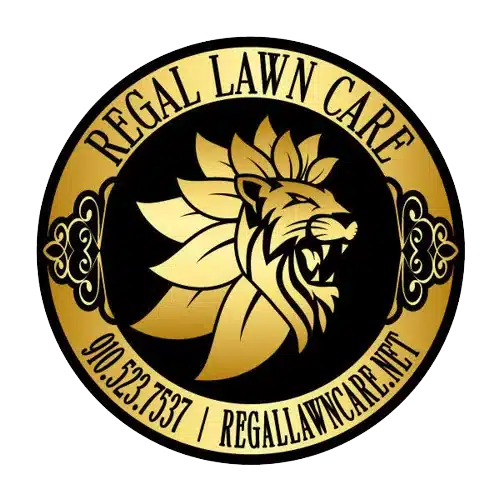These irrigation systems help maintain the lush and radiant look of lawns and gardens by applying the appropriate amount of water at the right time. Proper water management has effectively preserved water resources, plant health, and flourishing landscapes. Let’s explore the significance of irrigation systems in ensuring the vitality of your outdoor spaces.
Understanding the Benefits of an Irrigation System
Constant Moisture: Proper watering makes constant or uniform moisture within the soil a certainty at all times, a prerequisite for most normal plant growth. This continuous moisture ensures protection from insufficient watering to the plants, easing the onset of drought stress, wilting, yellowing of leaves, and growth stunting.
Reduced Wastage of Water: Irrigation systems supply water to plant root zones without loss, unlike water hose irrigation or overhead sprinklers, where some water can be lost as runoff and evaporation.
Automated Scheduling: Most modern irrigation systems come with automated scheduling tools to help set the time for watering and the duration that the water should be allowed to flow. You can set your time for watering, ensuring that your plants get the best time to take in water even in your absence or while attending to other duties.
Types of Irrigation Systems
Sprinkler Systems: They are used to water more extensive areas, such as lawns or gardens, since the water is usually uniformly distributed into the landscape over a larger area, making it much easier with this system.
Drip Irrigation: In a drip irrigation management, we use emitters and a network of tubes to apply water directly to the base of plants. It is, therefore, the best method of irrigation, as from the system, a minimal quantity of water is being applied without wastage in such a way that this will provide plants with the required quantity of water.
Soaker Hoses: Soaker hoses are porous and let water ooze slowly and uniformly over their lengths. They are perfect for flower beds, vegetable gardens, and shrubbery. They help deepen root growth and reduce wastage from surface runoff.
Efficient Water Management
Conservation of Water: The irrigation system contributes to water conservation since it supplies only the required amount of water to the roots of the plants and hence reduces any kind of runoff or evaporation. This can help you save water, lower your water supply bills, and reduce the environmental impact you are causing.
Smart Controllers: Modernized Irrigation system design have smart controllers that can adjust the watering program, running with weather patterns, soil moisture content, and general needs. This ensures efficient water use while avoiding associated problems, such as water logging, which might cause plant health-related problems.
Drought Resistance: Proper irrigation through an irrigation system helps the plants develop deep, well-developed root systems that enable them to withstand dry periods and easily grow in challenging conditions. This will vastly improve the overall health and resistance of your landscape plants.
Promoting Plant Health
Prevent overwatering: Overwatering leads to excess moisture in the substrate, root rot, and leaching out of nutrients. Irrigation systems enable the controlled supply of water to plants and prevent the accumulation of excess moisture, which can harm your plants.
To Ensure Even Coverage: Uneven watering may result in patchy growth and stressed plants. An irrigation system will offer a chance for even coverage such that the whole portion of the landscape receives enough moisture for the plants to thrive.
Proper watering that encourages profound root growth means the plant tolerates drought, pests, and diseases. Strong, healthy roots are essential to overall plant health and vigor.
Preserving Water Resources
Water Efficiency: Helps in conserving valuable water resources by supplying water directly to plant roots without loss through evaporation.
Reducing Runoff: Traditional watering methods, like hose watering or overhead sprinklers, may likely lead to water runoff, accompanying its nutrients and pollutants, into waterways. Irrigation systems reduce the amount of runoff since they take water directly to the ground to be absorbed by plants.
Environmental Impact: Saving water by managing irrigation practices would protect natural ecosystems and their habitats of biodiversity and promote a healthy environment for generations to come.
Investing in Your Landscape’s Future
Long-Term Savings: Installing an irrigation system might initially seem expensive, but in the long run, the opportunities to save money on water bills, plant replacement costs, and extra maintenance costs make it a desirable investment.
Increased Property Value: A well-maintained landscape and good irrigation increase curb appeal in any property. Potential buyers see value in a professionally landscaped property as that which enables them to value convenience and sustainability.
Knowledge of irrigation system importance and water-wise gardening techniques will also help build a healthy, vibrant landscape that will add value to outdoor living while conserving water resources and sustaining the environment.
Conclusion: A Greener, Healthier Landscape
Therefore, irrigation systems are essential in keeping a landscape vivid and healthy, even as they conserve water resources and the environment. Coupled with investments in an efficient irrigation system and water-smart gardening practices, you will enjoy a dense and thriving outdoor space that increases the beauty and value of your property for many more years.
Call Us today at Regal Lawn Care:
Ready to take your landscape to the next level with a professionally installed irrigation system? Call Regal Lawn Care, the best in installations, maintenance, and repair service, today. You will now have a landscape that’s way greener and far more healthy than ever before, adding value to your outdoor living experience. Schedule a consultation with Regal Lawn Care today!







